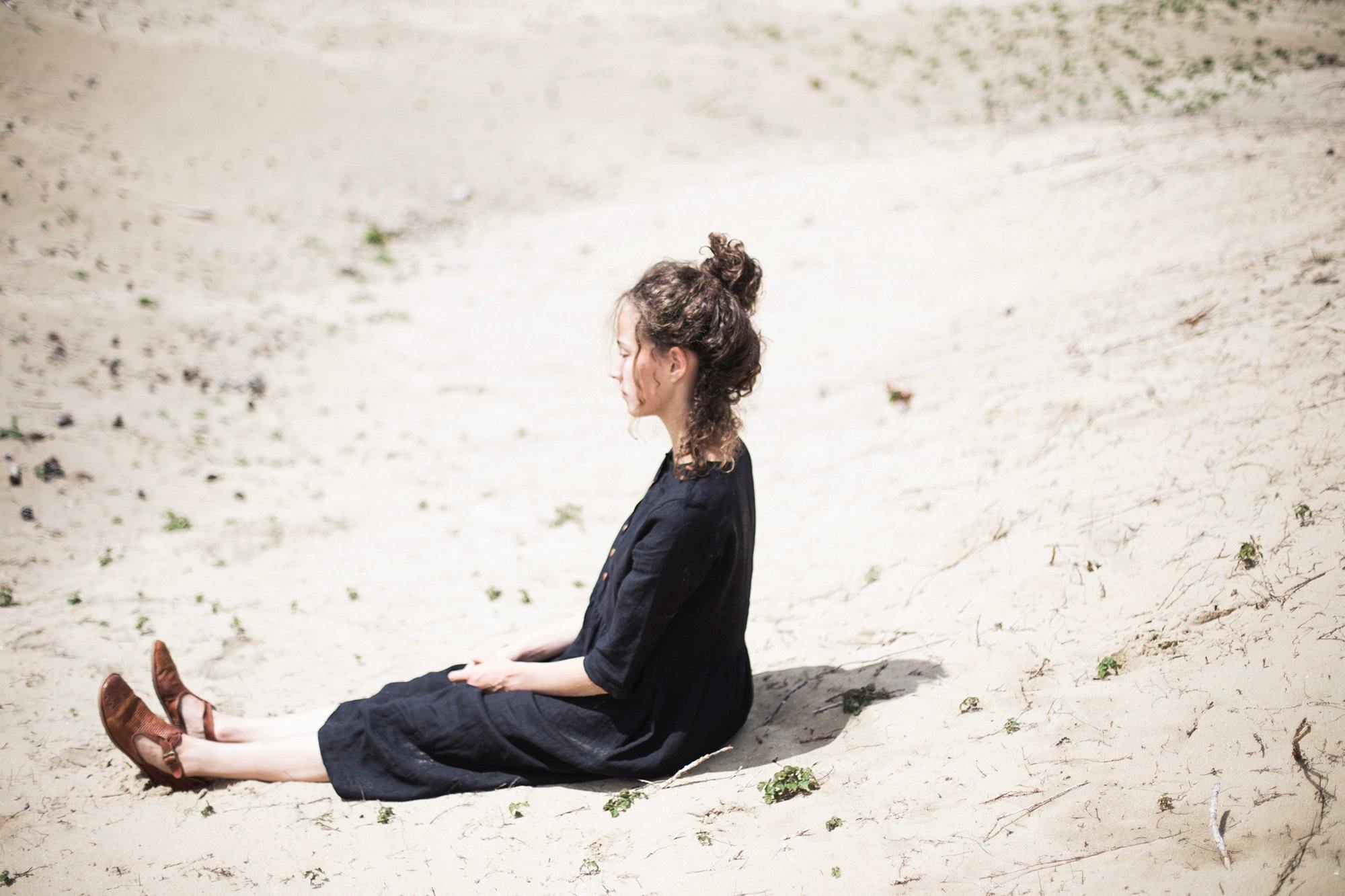“Ethically made, sustainable fashion” are words many brands like to make sure you know apply to them. Why are ethically made garments priced higher than high street brands? Why shop with ethical makers like Pyne & Smith?
Ethical Fashion is just that - Fashion with Ethics. Many high street brands have developed their business model on fast fashion, creating items for us to wear that are not made to last, producing hundreds of thousands of units, enticing us to make the affordable purchase with exciting copies of the latest hot runway items. We can dress just like the images of celebrities that social media platforms advertise to us, and pay the cut prices for it. Developing our own, unique sense of style and self is almost un-obtainable when we put so little thought into buying a garment.
Ethical fashion is the idea that businesses should make their garments ethically - pay the human hands that make each garment a fair livable wage, offer decent working conditions, comply with labor laws, work breaks, etc. Often, Ethical brands are more thoughtful with the material they select. Natural fibers are more environmentally friendly and less harmful to the planet and healthier for the wearer, but are more costly than synthetic fabric. The finished garment is priced accordingly, and that higher price tag makes us pause to think about this purchase.
Any business using Ethical fashion as part of their branding should be able to offer insight into the manufacturing of their garments (known as transparency). As consumers, we have a right to know where the fabric is made, where the garment is sewn, and that the makers of our garment are being paid a livable wage and are working in safe and healthy working conditions. One big reason to support ‘Made in America’ garments is that our wages, workspaces and business procedures are typically monitored and regulated (although business owners are responsible for monitoring this) so we know that Child labor, below minimum wages and unethical practices will not play any part of the garments we are purchasing.
HOW DOES ETHICAL FASHION BENEFIT YOU?
Purchasing ethically made clothing benefits the buyer in many ways. By paying for ethically made garments, you are supporting a living wage, contributing towards your economy.
Natural Fibers are better for your skin! Synthetic materials are mostly petroleum based (which is flammable, so it’s treated with anti-flammable chemicals. YUK.) Natural Fiber fabrics, like Linen, Cotton and Wool are breathable, meaning cool air can circulate and keep your body temperature comfortable.
Natural fiber fabrics are time tested, Linen has been around for thousands of years, dating back to Egyptian times and earlier! Synthetic fibers have only been around for two generations, and were developed to be inexpensive and easy to manufacture. We are learning that synthetics are breaking down in landfills, and running into our oceans.
Here is why Ethical fashion isn’t expensive when you break down the life of the garment over years. An item that has been ethically made, maybe costs you $200, and could easily last 10 years - that’s $1.60 a month, or $20 a year. You’ll save money over time. Well made garments will outlast cheaper, mass made garments by many years. Not only that, but certain smaller, ethically made brands (ahem…P&S!) tend to have higher BST value (buy, sell, trade) so your investment is an asset that you can re-sell them - consider your ethically made garment an asset.
Pyne & Smith garments are made here in Los Angeles, California by a team of skilled, experienced seamstresses. The workspaces for our seamstresses are bright, light and clean. It’s a true family run business. We screened a lot of garment making facilities in Los Angeles before choosing the facility we are with now. We selected a friendly, family run sewing contractor with high quality production values, excellent work environment with an experienced, happy staff. The employees there like where they work and consequently, have been there a long time. This equals happy, experienced makers and that shows in each one of their garments. We have to pay more per piece, but the final product is more than worth the extra cost.
The materials - we use pure flax linen in colors and patterns that we custom design, making Pyne & Smith garments completely unique. The flax is grown in Europe, and dyed and woven in a century old linen mill in Europe, as opposed to lower quality, mass production factories. Many bigger brands go for cheaper fabric for profit margins. I picked linen for it’s longevity, comfort and function (cool in the heat, warm in winter), but it is a costly fabric, not typically used in the Fashion industry - Linen accounts for only 1% of the material used by clothing brands.
We can change the fashion industry by asking our favorite brands how their employees are being treated, where they produce their products, and requesting transparency. By making more thoughtful purchases, investing in quality items, healthier materials, mending and buying second hand, you are supporting slow fashion, ethically made products and human rights.
Second hand resources:
Swap.com - used & second hand clothing website.
ThredUp - used & second hand clothing website.
Poshmark - used & second hand clothing website.
Ebay -used & second hand clothing website.
